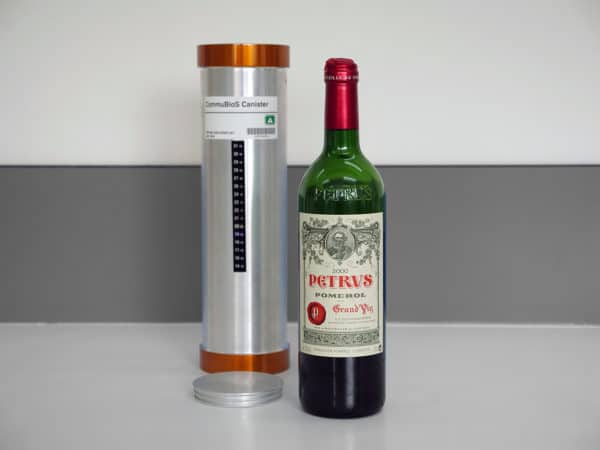
In November 2019, 12 bottles of Chateau Petrus 2000 – a wine from Bordeaux, France, which would set you back a few thousand pounds per bottle — hitched a ride to the International Space Station (ISS). The bottles spent around 14 months in the microgravity environment before returning to Earth in January where they were then sent to the Institute of Vine and Wine Science at the University of Bordeaux to be analysed – and, of course, tasted. On 1 March, a bottle was opened and blindly tasted by 12 connoisseurs alongside one bottle from the cellar. Now the team have announced their highly anticipated preliminary results, finding that the wine on the ISS had “heighted floral characteristics” and was one to three years further “evolved” compared to the bottle that had stayed firmly to the ground. The team now plan to take a closer look at the biochemical properties of the wine that has been in space, followed, of course, by more tasting.
Still on space, ever dreamed of becoming an astronaut? Well, now is your (latest) chance. Applications are open for the European Space Agency’s 2021 astronaut selection. As well as recruiting new members to the astronaut corps, ESA has also issued a vacancy for a “parastronaut”, which will involve taking part in a feasibility study for astronauts living with specific physical disabilities. “Representing all parts of our society is a concern that we take very seriously,” says David Parker, ESA’s director of human and robotic exploration. “Diversity at ESA should not only address the origin, age, background or gender of our astronauts, but also perhaps physical disabilities.” The closing date for applications is 28 May and if chosen you will then begin a gruelling six-stage selection process. Successful candidates will be announced in October 2022. Ad Astra!
And finally, in case you missed yesterday’s April Fool’s offerings on the arXiv preprint server then here is a small selection: pandemic dark matter, emotional trends in the repertoire of Taylor Swift, using artificial intelligence to shed light on the Jaffa Cake and the existential threat of future exoplanet discoveries. CERN, meanwhile, proposed a “space elevator” accelerator.



